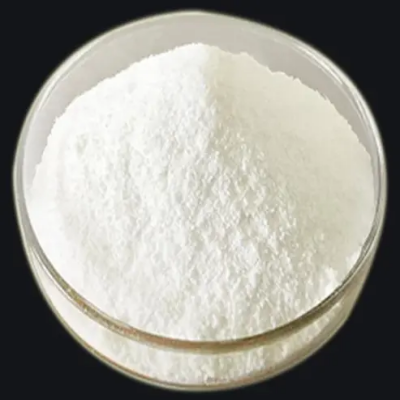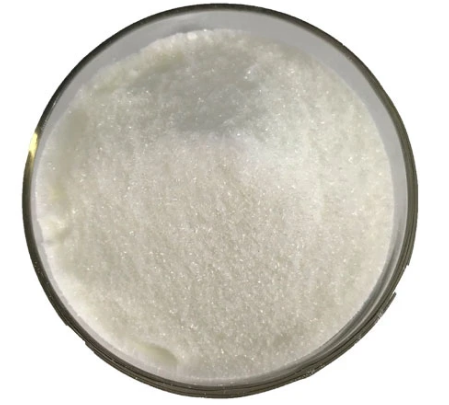Capecitabine CAS:154361-50-9
Capecitabine is an innovative oral chemotherapeutic agent predominantly indicated for metastatic breast cancer and advanced colorectal cancer, including adjuvant settings following surgical resection. As a prodrug, capecitabine is enzymatically converted into 5-fluorouracil (5-FU) in the liver and tumor tissues, where it becomes biologically active. This conversion takes advantage of increased levels of enzymes like thymidine phosphorylase that are more commonly found in tumor cells, allowing for a more targeted delivery of the cytotoxic agent. The mechanism of action of capecitabine involves the inhibition of thymidylate synthase, leading to the depletion of thymidine triphosphate (dTTP), which is essential for DNA synthesis. By disrupting DNA replication, 5-FU effectively induces apoptosis in malignant cells. One of the significant advantages of capecitabine is its oral formulation, which enhances patient convenience and compliance compared to traditional intravenous chemotherapies. Dosing regimens typically involve administering the drug twice daily for two weeks, followed by a one-week rest period, but can vary based on individual patient factors and treatment goals. Despite its benefits, capecitabine is associated with several adverse effects. The most common include hand-foot syndrome (palmar-plantar erythrodysesthesia), gastrointestinal disturbances such as nausea and diarrhea, and hematologic toxicities like leukopenia and thrombocytopenia. Monitoring and management strategies for these side effects are critical to maintaining quality of life during treatment. In summary, capecitabine represents a significant advancement in cancer therapy, providing an effective, orally administered option for patients with specific malignancies while necessitating careful monitoring for potential side effects.



| Composition | C15H22FN3O6 |
| Assay | 99% |
| Appearance | white powder |
| CAS No. | 154361-50-9 |
| Packing | Small and bulk |
| Shelf Life | 2 years |
| Storage | Store in cool and dry area |
| Certification | ISO. |









